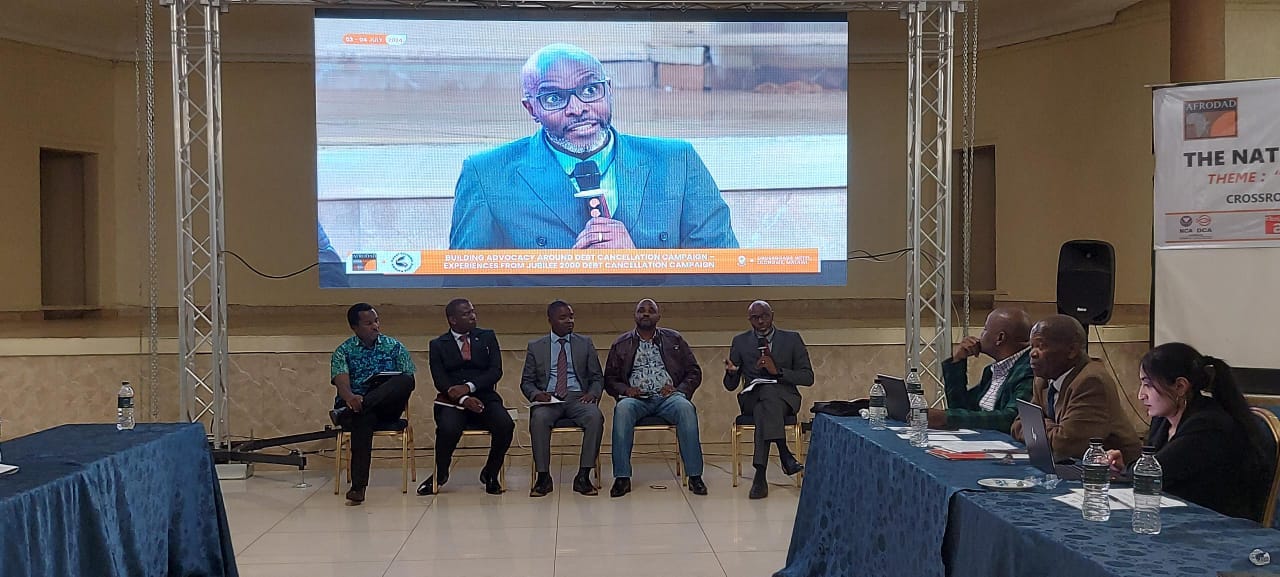Malawi's Debt Crisis Sparks Heated Debate at National Conference
Civil society groups, led by MEJN, are pushing for a debt cancellation campaign, but with a caveat: a commitment from the government to stamp out corruption.
LILONGWE, Malawi — Malawi's mounting debt crisis took center stage at the Second National Debt Conference on Thursday, igniting a fierce debate between government officials and civil society organizations over the country's economic future, writes Martin Kamlaike.
The conference, organized by the Malawi Economic Justice Network (MEJN), comes as Treasury reports confirm the nation's debt has ballooned to K13.1 trillion, a staggering figure for the small Southeast African nation grappling with a mere 1.8 percent economic growth rate.
Civil society groups, led by MEJN, are pushing for a debt cancellation campaign, but with a caveat: a commitment from the government to stamp out corruption.
"We want to advocate for debt cancellation," said Bertha Lipipa-Phiri, MEJN's Executive Director.
"But it's not coming in abstract. We are saying, debt cancellation for ending corruption."
The proposal sparked a heated exchange, with civil society representatives questioning the government's commitment to transparency and good governance.
Benedicto Kondowe, a commissioner of the Malawi Human Rights Commission, called for "re-engineering the role of parliament" to ensure more rigorous oversight of financial matters.
Government officials, while acknowledging the critical role of civil society, pushed back on some criticisms. Martha Kwataine, special advisor to the president on NGOs, emphasized the need for evidence-based advocacy.
"Government does not make decisions on hearsay or emotions," Kwataine stated, urging civil society organizations to provide "robust facts" to inform economic decision-making.
The debate underscores the complex challenges facing Malawi as it seeks to navigate its debt crisis. With a significant portion of the national budget allocated to debt servicing, the country struggles to fund critical social services and development projects.
The proposed debt cancellation campaign, if successful, could provide much-needed fiscal space for Malawi.
However, as both sides acknowledged, it would require a multi-sectoral approach and significant reforms to ensure its effectiveness.
As the conference concluded, there was a consensus on the need for continued dialogue between the government and civil society.
The outcome of these discussions could shape Malawi's economic trajectory for years to come, with implications for millions of citizens struggling with deepening poverty.
The debate in Lilongwe reflects broader conversations happening across Africa, as countries grapple with unsustainable debt levels in the wake of global economic shocks.
For Malawi, the path forward remains uncertain, but the urgency for action is clear.



